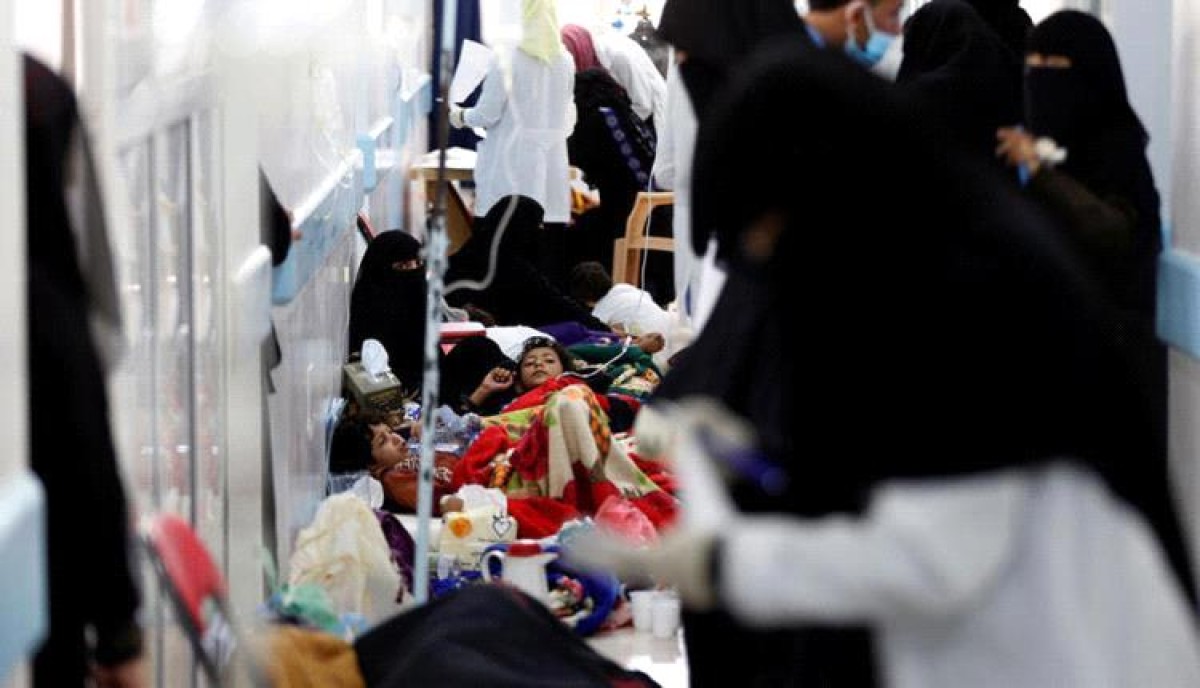A dangerous epidemic is sweeping Yemen amid an urgent UN warning


United Nations statistics announced that, as of August 18, more than 172,023 cases of acute watery diarrhea and suspected cases of cholera had been reported in Yemen, with 668 related deaths since the beginning of 2024.
A statement from the United Nations Children's Fund (UNICEF) said that, on average, more than 1,500 cases have been reported daily over the past few weeks.
According to the statement: “While the number of cases is much lower than the previous outbreak between 2016 and 2021 when more than 2.5 million suspected cases and 4,000 deaths were reported, it is feared that the situation will deteriorate during the current ongoing rainy season.” In the country.”
UNICEF indicated that “people living in areas without access to safe drinking water, sanitation, hygiene and sewage systems, such as displacement camps, are most at risk of contracting the disease.”
She said: “A cholera outbreak, coupled with floods during the rainy season, could further deteriorate the already fragile health system and affect the most vulnerable people.”
The statement added: “This could particularly impact young children who already suffer from malnutrition, food insecurity, poverty and displacement amid the protracted conflict that has devastated the country’s economy and basic social services.”
The statement stressed that “UNICEF is currently giving priority to areas with confirmed cases, but we urgently need more support and expand our response to save the lives of vulnerable people and prevent the current situation from getting out of control.”